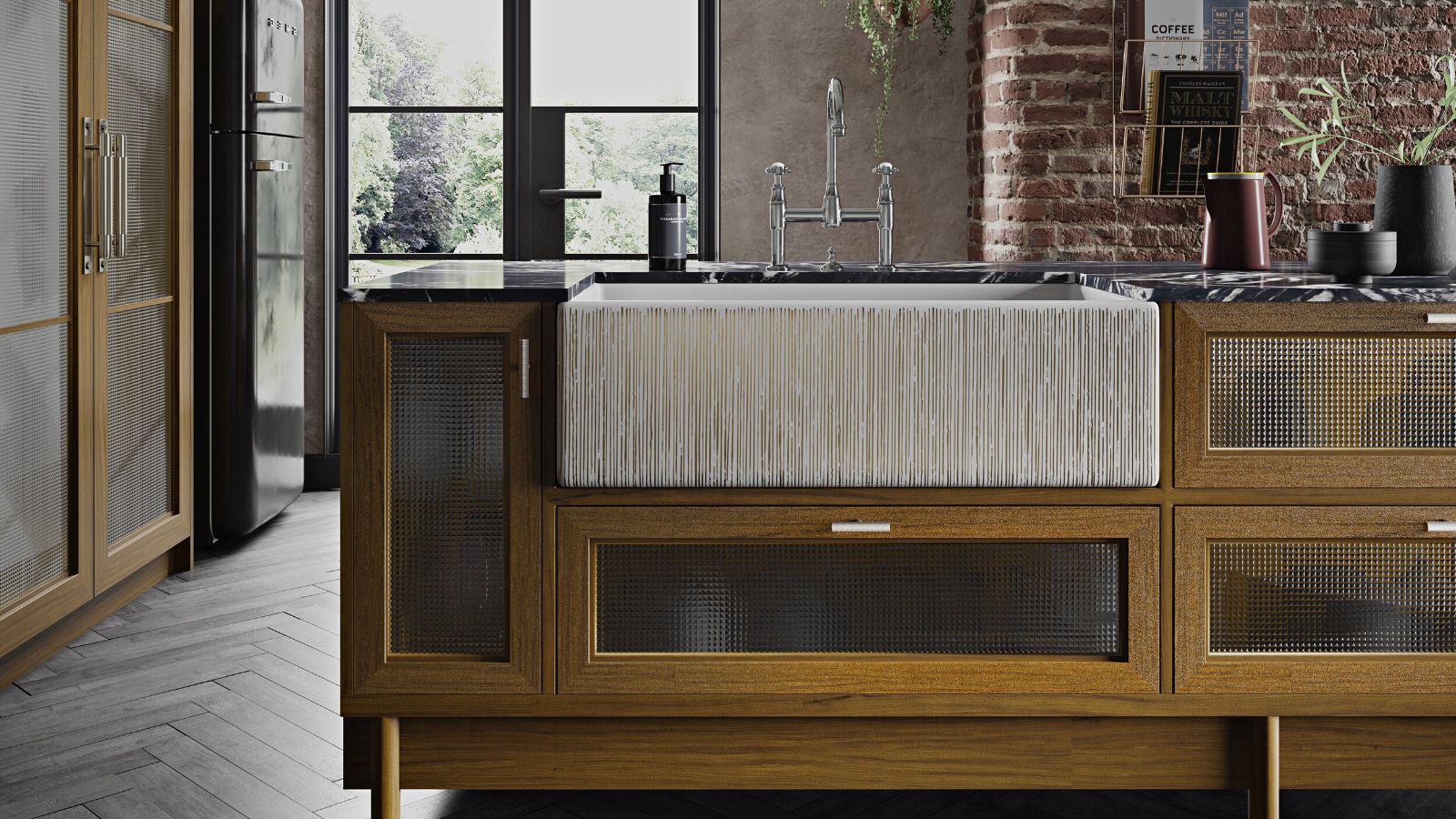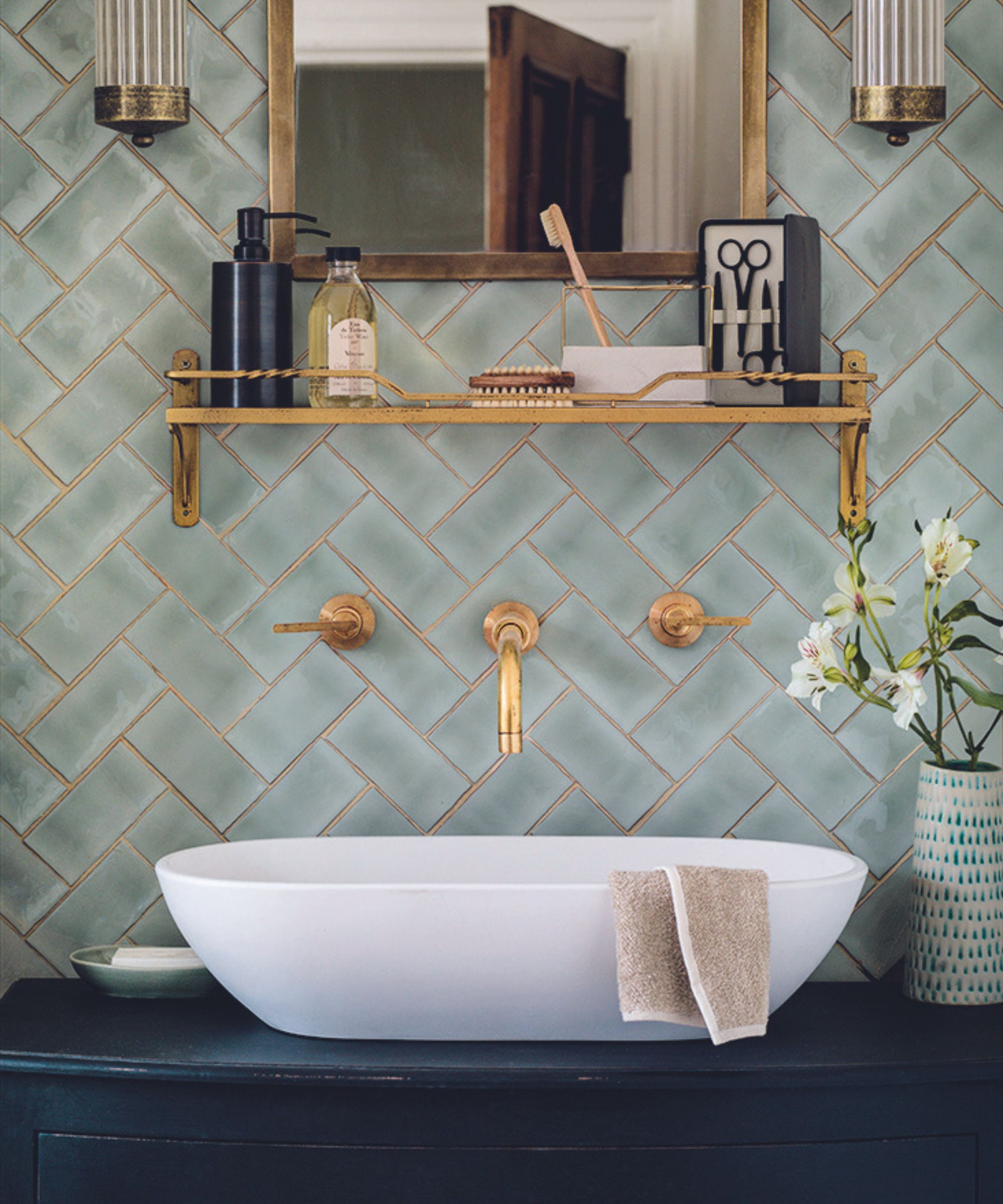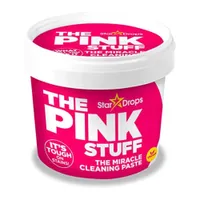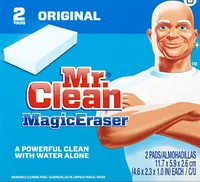How to clean a porcelain sink – expert tips for a spotless shine
Hard pumice to clean delicate porcelain? One of these expert porcelain sink cleaning tips could surprise you


Porcelain sinks are a wonderfully timeless workhorse that goes with every type of home decor. But their porous porcelain material means that forgetting to clean them regularly, or not well enough, could cause permanent damage.
Neglecting to clean bathroom sinks or kitchen sinks often causes them to dull, lose their shine, and stain. Given that these are not easy fittings to have replaced, keeping on top of them is essential.
Here, professional cleaners have offered their top tips for cleaning porcelain sinks with minimal effort for maximum shine.
How to clean a porcelain sink

Porcelain sinks are not one of the easiest sink materials to maintain, making regular cleaning essential. When stains are left to sit, problems arise as the porous material holds onto marks.
Luckily, there are some ways to refresh your sink if this is the case.
1. Wet the sink to loosen general debris
‘When cleaning a sink in any room, use plain water and a plain cloth to help remove loose surface debris and dust,’ says Ryan Knoll, professional cleaner and founder of Tidy Casa.
It is a good idea to also clean a kitchen sink drain when doing this and before cleaning your sink properly to avoid muddying any hard work.
Design expertise in your inbox – from inspiring decorating ideas and beautiful celebrity homes to practical gardening advice and shopping round-ups.
2. Apply a cleaning product such as The Pink Stuff, or Bar Keepers Friend
When cleaning a porcelain sink there is little need for harsh chemicals, however, due to its porous surface, a tougher cleaner than soap and water may be needed to help remove stains and soap scum. The good news is that porcelain is one of the many things you can clean with The Pink Stuff, and clean with Bar Keepers Friend.
‘Apply Bartender's Friend, or the Pink Stuff onto a damp sponge or cloth and rub the sink in a circular motion, paying extra attention to any stubborn stains or spots,’ says Ryan Knoll.
‘Always remember to follow the manufacturer's instructions when using any cleaning product and be careful when using these more abrasive cleaners not to scratch the sink itself,’ he adds.
All Purpose Cleaning Paste | $5.97 at Amazon
The Pink Stuff paste makes cleaning easier than ever before, saving you time, space, and money and lasting way longer than nay other household cleaners.
3. Use a Magic Eraser to remove stains and soap scum
If you are looking to avoid using chemicals altogether or if marks are particularly rugged, then cleaning with a Magic Eraser can help achieve the perfect shine with no extra product.
‘Use a Mr. Clean Magic Eraser to quickly scrub your porcelain sink. This will help get rid of any grime/residue without necessitating the use of harsh chemicals,’ says Raquel Kehler, of home blog Room Crush. ‘Since the eraser has product in it already, all you need to do is thoroughly wet it, gently scrub and then rinse thoroughly when you're done. This will help keep your sink looking shiny and new without the messy cleanup of powder or spray cleaners.’
Mr Clean Erase and Renew Magic Eraser, Original | $6.30 for two, at Amazon
There are various brands you can buy, but the original version is a good option and at a fairly cheap price. If it’s efficiency you’re after, the extra durable version from Mr. Clean’s Magic Eraser line might be better for you.
4. Rinse the sink with plain water and dry
As with cleaning a stainless steel sink, giving it a final rinse will help your porcelain sink to shine. ‘Rinse the sink with water and dry with a clean towel straight after,’ says Ryan Knoll of Tidy Casa. ‘This helps to buff away watermarks and leave your sink spotless.’
How to use wet pumice to remove scratches on a porcelain sink

Although using something as harsh as a pumice stone on an easily scratched sink may sound like a recipe for disaster, some cleaners swear by a wet pumice to help repair scratches and remove rust from porcelain fixtures like sinks.
‘A moistened pumice stone is the best non-chemical way to clean porcelain sinks,’ suggests Allen Rathey, director of Indoor Health Council. ‘As a cleaning contractor, I used a wet pumice stone to remove minerals and rust quickly from sinks and toilets. When used wet, it will not scratch porcelain but it will remove major mineral buildup, rust, and other tough deposits,’ he explains.

Allen Rathey is a cleaning professional turned educator. He is past president/owner of The Housekeeping Channel, The Healthy House Institute, The Healthy Facilities Institute (HFI) and HFI-U specializing in e-learning. He founded the International Custodial Advisors Network (ICAN), has served as an educational liaison for IEHA, and is Director of the Indoor Health Council.
FAQs
Can you use baking soda on a porcelain sink?
A baking soda and vinegar solution is perfect for cleaning a porcelain sink and removing stains. Make a paste out of the two ingredients and use a soft-bristled brush (such as an old toothbrush) or cloth and your finger, to apply and scrub the stained area. You may need to let the paste sit for five to 10 minutes to help lift the mark.
Once scrubbed, rinse the area with plain water and dry it with a clean towel.
Can I use bleach on a porcelain sink?
If you have a modern white porcelain sink, then bleach can be used sparingly to lift tough stains, but it should not be used as an everyday cleaner, or on large areas of porcelain. You should also avoid using bleach on vintage or colored porcelain, as this could cause permanent damage.
A safe alternative to bleach is hydrogen peroxide, a common household cleaner that is not as harsh as chlorine bleach products.
How do I know if my sink is porcelain or enamel?
You can distinguish a porcelain sink from an enamel sink by testing its composition. A porcelain sink is typically solid with no frame underneath, an enamel sink will have a frame usually made of steel or iron – as a result, a porcelain sink will be much lighter than enamel.
Visually, the two sinks are very similar. To test for an enamel sink, use a strong magnet and see if it sticks. Due to their metal frames, the magnet will stay put for an enamel sink but fall straight off of a porcelain sink.

Chiana is Homes & Gardens’ kitchen appliances editor. With a lifelong passion for cooking and baking, she grew up experimenting in the kitchen every weekend with her baking-extraordinaire Mom, and has developed a great understanding of how tools and appliances can make or break your ideal relaxing kitchen routine.

